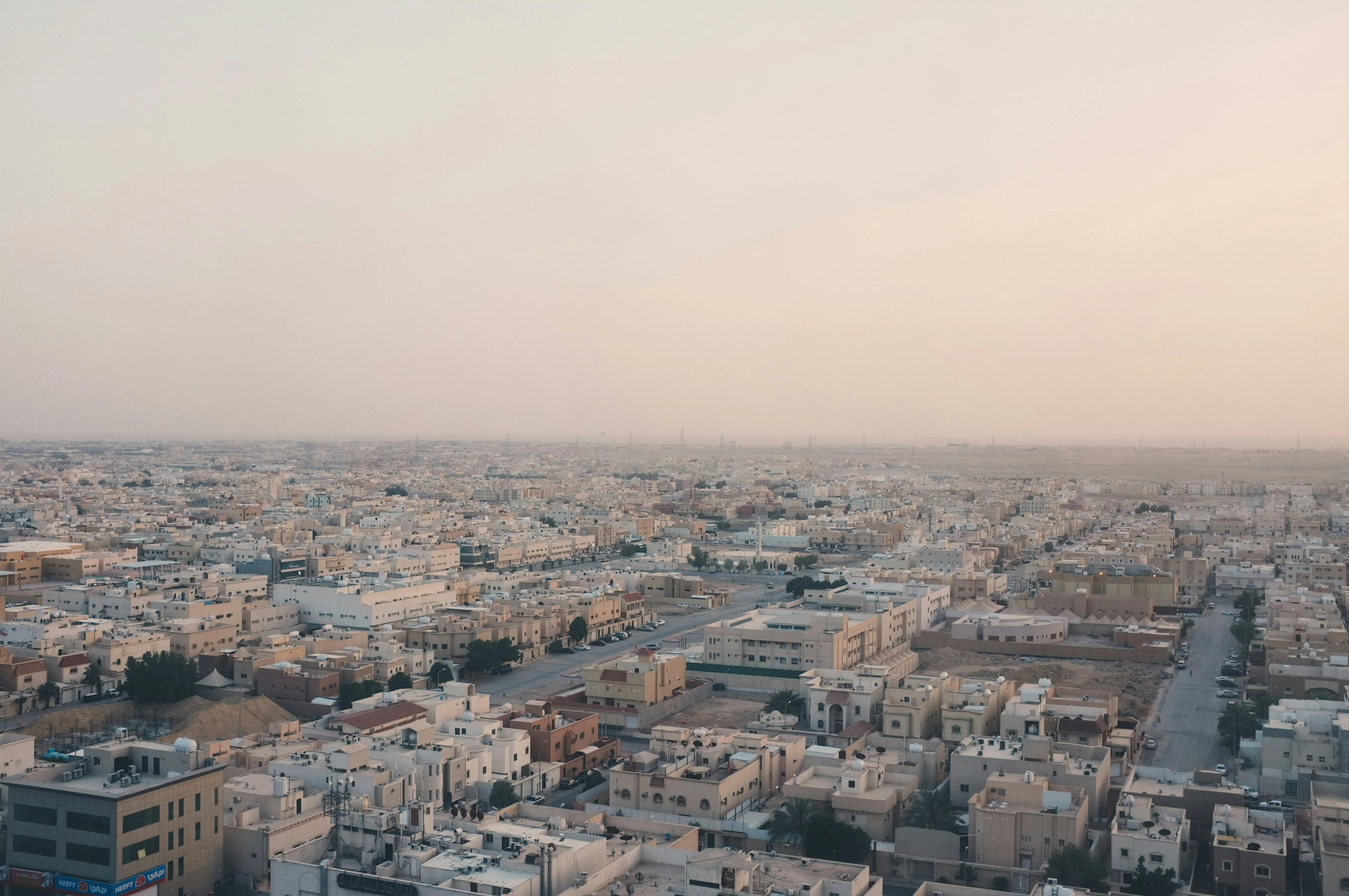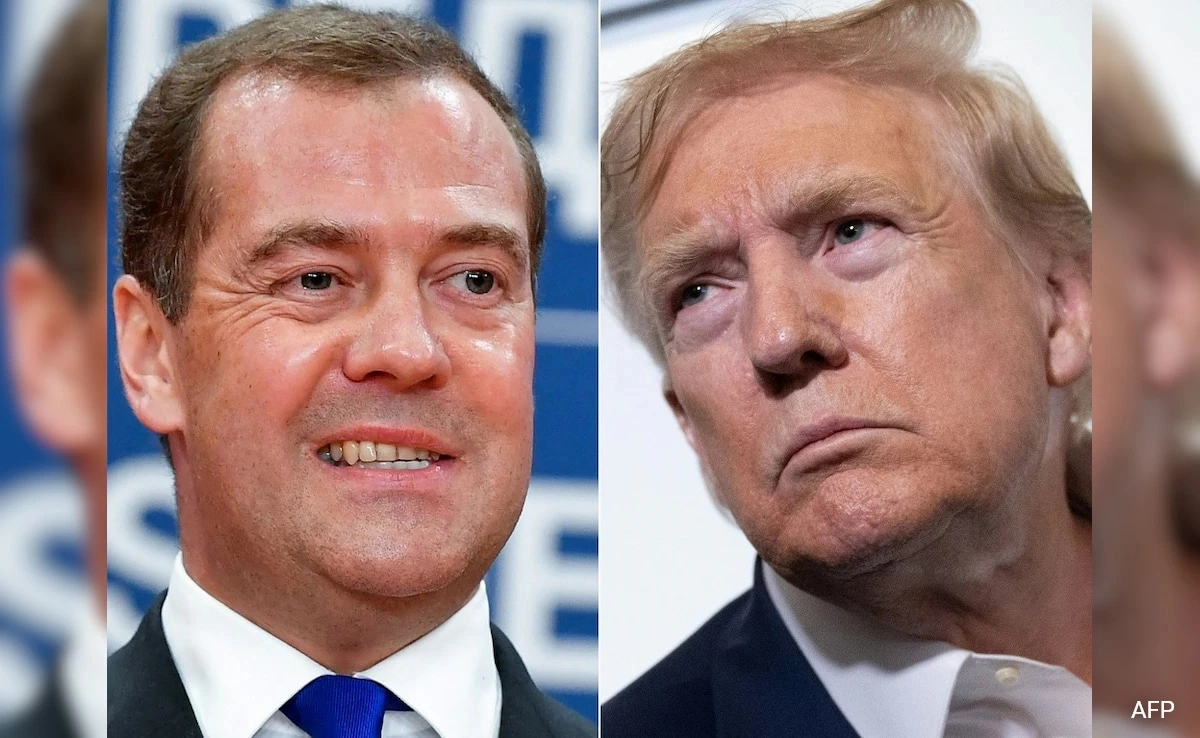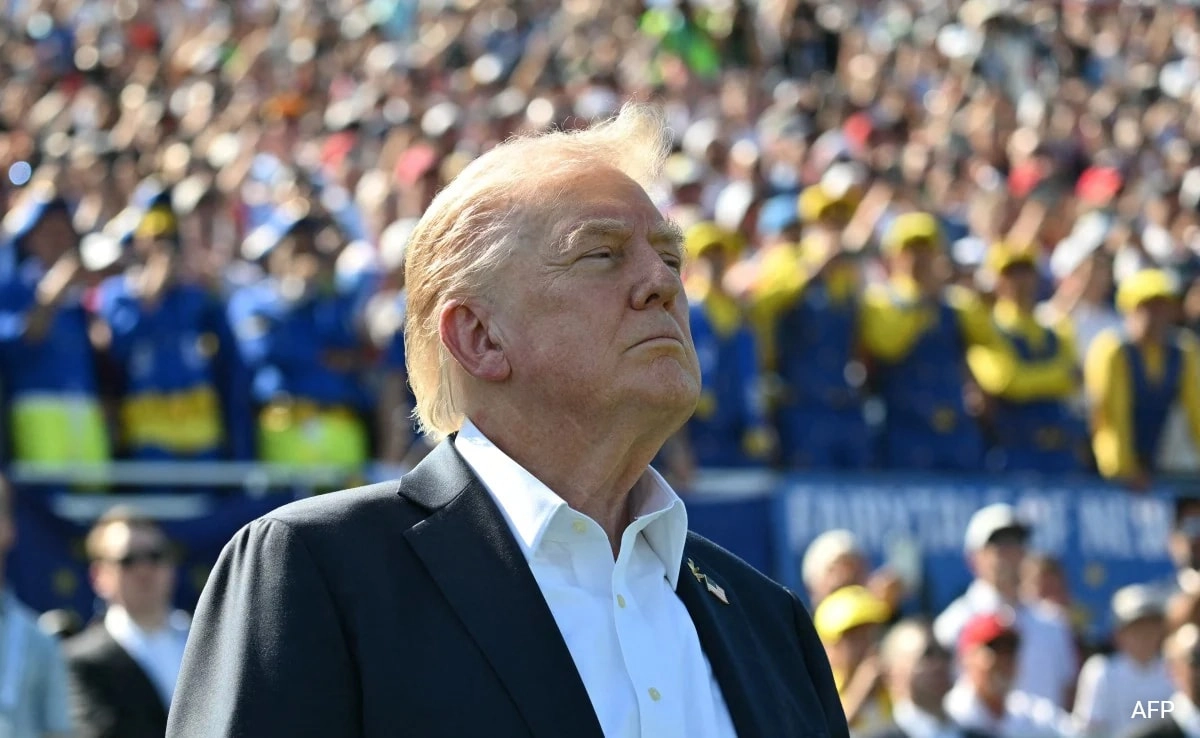In a significant legal development, the Bangladesh Supreme Court has acquitted an Islamist leader who had been sentenced to death for war crimes committed during the 1971 Liberation War. The leader, who had been a prominent figure in the Jamaat-e-Islami party, faced charges related to atrocities that occurred during the conflict, which ultimately resulted in the independence of Bangladesh from Pakistan. This ruling has sparked intense debate and controversy within the country, highlighting the ongoing tensions surrounding the legacy of the war and the pursuit of justice for its victims.
The acquittal of the Islamist leader has reignited discussions about the judicial process related to war crimes in Bangladesh. Critics of the ruling argue that it undermines the efforts to hold accountable those who perpetrated violence during the war, while supporters contend that the legal proceedings have been marred by political influence and bias. The 1971 war was a pivotal moment in Bangladesh’s history, marked by significant human rights violations, and the quest for justice has been a complex and contentious issue for decades. Many families of the victims feel a sense of betrayal following the Supreme Court’s decision, fearing that it could set a dangerous precedent for future cases related to war crimes.
The ruling also reflects the broader political landscape in Bangladesh, where the legacy of the Liberation War continues to shape party politics and societal attitudes. Jamaat-e-Islami, the party associated with the acquitted leader, has historically been at odds with the ruling Awami League party, which has positioned itself as a champion of the 1971 struggle for independence. This tension complicates the narrative around war crimes, as various factions seek to interpret the events of the past to serve their political agendas. As Bangladesh grapples with this latest development, the implications for justice, reconciliation, and national identity remain profound and unresolved.
Ultimately, the acquittal raises critical questions about the balance between justice and political considerations in Bangladesh. As the nation reflects on its tumultuous history, the challenge lies in finding a path forward that honors the memories of those who suffered while fostering an environment where all citizens can engage in a constructive dialogue about the past. The discourse surrounding this ruling will likely continue to evolve, with both national and international observers closely monitoring the implications for human rights and the rule of law in Bangladesh.




